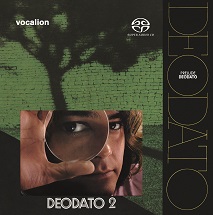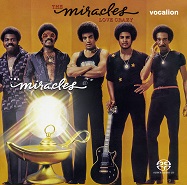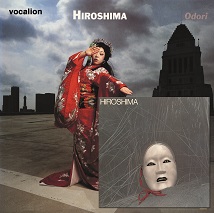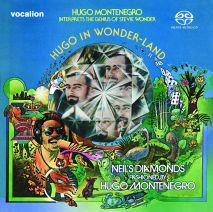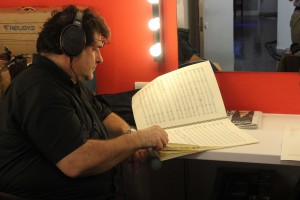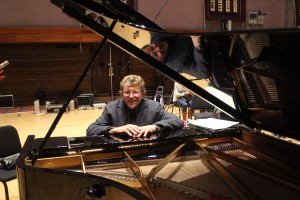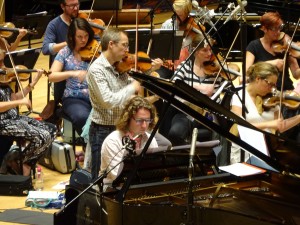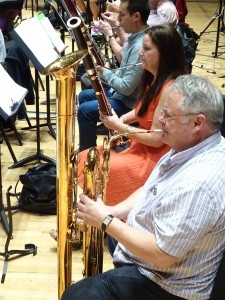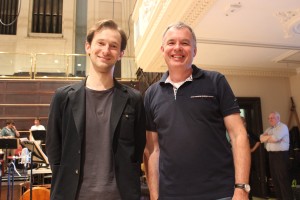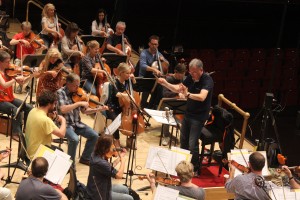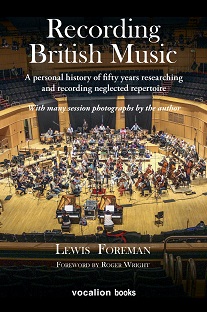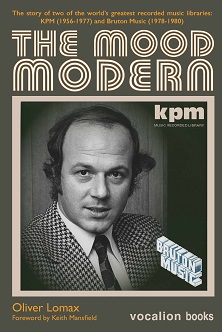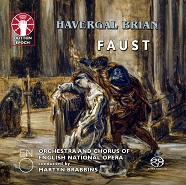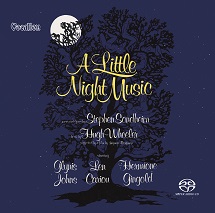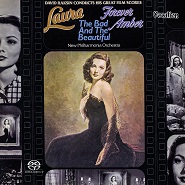The new Dutton Epoch release features six CDs: three in the International Series alongside three British music discoveries – and with more in the can for later in the year. For the past sixteen years, Dutton Epoch has specialised in exploring the hidden byways of British music, in the process uncovering many delightful works, such as the complete symphonic output of Richard Arnell. More recently, however, the International Series has widened the label’s scope, and among much superb music, perhaps the most notable find has been the music of German composer Walter Braunfels (1882-1954).
At a recording session with the conductor Johannes Wildner and the BBC Concert Orchestra in 2012, we discussed which neglected twentieth-century German or Austrian composer would be the most rewarding to focus on next in his series with the Concert Orchestra. I happened to mention Walter Braunfels. Johannes’ enthusiasm was immediate and characteristically unrestrained, and I was asked to
research Braunfels’ unrecorded music and recommend a first programme, which was recorded on 15-17 April 2013. This proved so successful that in April 2014 we were back in the studio – this time Studio 1 at Abbey Road – for a second Braunfels programme, which was even more enthusiastically received by the recording team, and a commitment to do a third CD came then and there. On these occasions, it is very difficult to be precise as to running time, and one item from the April 2014 sessions – the Straussian Prelude to Braunfels’ opera Don Gil von den grünen Hosen (Don Gil of the Green Breeches) – had to be carried over because we had recorded too much material. So on 10-12 November 2014 all convened again, at Watford Town Hall (or the Watford Colosseum as it is now known). As well as tuneful orchestral extracts from two operas – Don Gil and Die Vögel – this third set of sessions included the pre-First World War Serenade Op. 20, a fine work that should surely figure in popular orchestral repertoire the world over. The programme was completed by the unknown but hugely attractive Konzerstück in C sharp minor for piano and orchestra Op. 64 – in effect a post-Second World War piano concerto – which the amiable and good-humoured Piers Lane threw off with complete authority, as if he had been playing it all his life. When I was taking photographs after the session, Piers joked, “Aren’t you going to take the usual corny shot? You need to get my reflection in the lid.” I did my best to oblige.
The other new titles in the International Series were researched by conductor Martin Yates, and with particular soloists in mind. Sergei Bortkiewicz (1877-1952) and Witold Maliszewski (1873-1939) both came from the Russian musical tradition before the Revolution, but in fact were born in the Ukraine, though Maliszewski is often thought of as a Polish composer (indeed, he was Lutoslawski’s teacher), and Bortkiewicz lived for many years in Vienna. Nevertheless, the earlier orchestral music of both is clearly rooted in the mainstream Russian tradition. The Bortikiewicz and Maliszewski programmes were recorded at the RSNO’s former home, Henry Wood Hall, a converted church where so many of Dutton Epoch’s sessions with the RSNO have been recorded. Sadly, these were the last to be undertaken there. Pianist Peter Donohoe projected Maliszewski’s impressive Piano Concerto in B flat minor in his customary commanding manner, while the coupling, the Third Symphony of 1907, emerged as a full-scale romantic Russian symphony that somehow had fallen into obscurity. Even more striking was Sergei Bortkiewicz’s huge Violin Concerto of 1922, which soloist Sergey Levitin has taken to his heart. The Symphonic Poem “after Shakespeare’s Othello” makes a strong coupling. This completely unknown orchestral piece, completed just before the outbreak of the First World War, is a rewarding addition to our repertoire of Russian music, and had all gripped as it unfolded in the studio.
The three CDs of British music feature Armstrong Gibbs, Vaughan Williams, Cyril Scott, Arnold Bax and George Butterworth.
Conductor Ronald Corp presents an all-Armstrong Gibbs programme, including the majority of the composer’s unrecorded yet substantial orchestral music, which proved to be a minor revelation for its lyrical attractiveness and personal style. Even though we had explored the printed music in advance of the sessions via piano play-throughs or in electronic playback of a “Sibelius” file, the first hearing of the music at the sessions themselves is always a magical moment. Especially so when we hear the miracle of sight-reading that British orchestras always deliver at the first rehearsal, before getting down to the detailed work of the session itself. In this case, the orchestra was the BBC Concert Orchestra, and this music, very much their métier, was meat and drink to them. It was a varied programme full of delights. The five-movement suite from the children’s play Crossings is short, but something that one goes on playing once it is on the personal radar. Different in sound and texture, and indeed quite a contrast – yet written in 1919, the same year as Crossings – is The Enchanted Wood Op. 25. This the composer called “a dance phantasy,” and the scoring for string orchestra with solo violin and piano is haunting. The leader of the BBC Concert Orchestra, Charles Mutter, played the solo violin part, with Ben Dawson as the pianist.
The largest orchestral line-up on the session was assembled to record the atmospheric Symphonic Poem A Vision of Night Op. 38 of 1921. Dedicated to Arthur Bliss, it was first performed on 8 March 1923 by the Bournemouth Municipal Orchestra. Unlike Gibbs’s other music, this piece is a study in orchestral colour, calling, in addition to the full orchestra, on a large array of low winds – and it was particularly exciting to see David Chatterton wielding the contra-bass sarrusophone beside the bassoons.
The remainder of the Gibbs programme proved to be even more varied, including the Suite in A for violin and orchestra Op. 101 of 1942 (five miniature movements with Charles Mutter as the soloist once more) and Gibbs’s most famous composition, the haunting slow waltz Dusk, which enjoyed almost pop-music status in the mid-1940s. And Gibbs’s appeal to a light music audience was reinforced when we heard the Four Orchestral Dances of 1959.
Putting together programmes by different composers is a difficult thing to do, and Dutton Epoch usually plans them based on one composer. Apart from anything else, it makes reviews easier to locate after the CD has appeared. However, the mix of Cyril Scott’s evocative nature ramble celebrating cellist Beatrice Harrison, The Melodist and the Nightingales, with Arnold Bax’s very early Variations for Orchestra and Martin Yates’s completion and performing edition of George Butterworth’s last work, Fantasia for Orchestra, which survived unfinished when Butterworth died in France, makes for a satisfying programme. In The Melodist and the Nightingales, the principal cello of the Royal Scottish National Orchestra, Aleksei Kiseliov, found a special rapport with conductor Martin Yates in championing what in other hands might well have fallen flat. But here they weave a magical musical web.
The Melodist and the Nightingales was recorded in the Caird Hall, Dundee, a location the Dutton Epoch team had not visited before, and it was in this wonderfully responsive acoustic that Dutton Epoch’s new Vaughan Williams programme was set down, featuring a major outcome of Martin Yates’s researches through the Vaughan Williams manuscripts in the British Library. This is the orchestral suite from RVW’s opera Sir John in Love, to which the composer gave the working title Fat Knight. And what a gorgeously attractive piece it is – seven movements including some familiar RVW tunes, but also reminding us of some that come up fresh. The coupling is Yates’s vivid orchestration of Vaughan Williams’s Henry V Overture, surely a precursor of Walton’s film score of ten years on, and Vaughan Williams’s familiar and much-loved Serenade to Music, here recorded in its entrancing orchestral version and prompting one to ask why it is not thus better known.
Session photographs by Lewis Foreman
Blog post written by Lewis Foreman



 Login Status
Login Status 